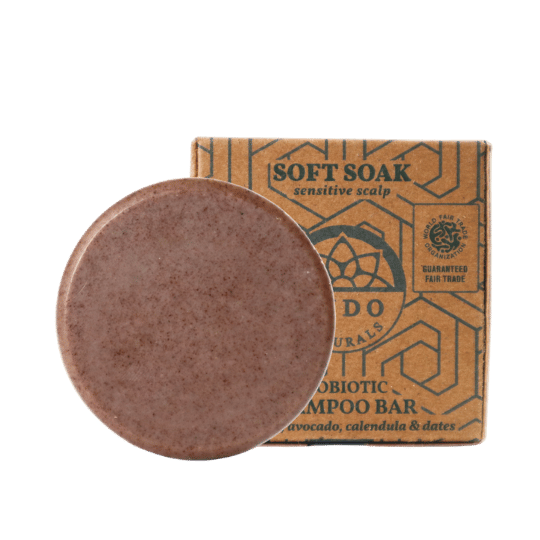Greenwashing: How To Avoid It
- Indo Naturals
- Apr 22, 2021
- 3 min read
Updated: Mar 10, 2023
Greenwashing is all around us. But what is it? How do you catch it? And why is it so important to not get fooled by it?
We at Indo Naturals want to give you some pointers on greenwashing and how to avoid falling prey to it.
Unfortunately, many companies use sustainability as a mere marketing technique. These firms advertise their products or services as eco-friendly to attract consumers that care about the environment. Sometimes, a product may look very green, but be a less sustainable option than just continuing to do what you're already doing.
In her YouTube video, the zero-waste enthusiast Sedona Christina talks about several products that have negative side effects. You can watch her video below.
“Bamboo fiber” plastic reusables are one of the most extensive greenwashing schemes seen which many people have been fooled by. These products contain mostly melamine, which is a type of plastic, mixed with a little bamboo powder. But it gets worse, evidence has shown that when mixing the bamboo powder with melamine toxins start coming out of the plastic. Thus, it’s not green and even unsafe.
Water bottles are great ways to reduce plastic waste, however, buying one every season is not eco-friendly, and unfortunately, many of these are mass-produced in questionable circumstances.
Essential oils often get overused. Remember it’s highly concentrated which means it’s resource-intensive to make. In our products, we use very little, yet it still gives aromas and benefits to skin and wellbeing.
While DIY can be a great way to be eco-friendly, DIY cosmetics can also lead to more waste and Co2 from transport, than letting your favorite brand make products in bulk. Next to that, the wrong mix can actually harm your skin and negatively affect your health. We use many months, and work with professionals, when developing a cosmetic product, to assure that it works great, is safe, and made with sustainable raw materials.
Clothing-donation should not be an excuse to buy new. The fashion industry is one of the most polluting and unethical consumer industries. Yet, it’s an amazing way of expressing and renewing oneself. When you buy, buy used, and buy quality. When they break; fix them or repurpose them. When it’s time for a change; swap them, sell them. The Indo Naturals business model team thinks that the fashion industry model should be completely changed into a rental model, but that’s a topic for another blog.
It’s difficult. We get it. And please don’t punish yourself for having been fooled by greenwashing before! We have all done it. Think forward!
What can you, as a consumer, do to ensure socially and environmentally responsible consumption?
Here are Indo Natural’s top three tips to avoid stumbling into a greenwashing trap:
1. Avoid products that are marketed with proof-less claims or fluffy language
According to Futerra’s 2015 Selling Sustainability Report, Sedona's points are examples of greenwashing techniques. Therefore, ask yourself pressing questions – for example, is a product marketed as a zero-emission product? Does an advertisement throw around green terms without defining what they mean? Do your research to see if their claims are factual. If their statements are false, remove that product from your shopping cart.
2. Use the internet to research before you make a purchase
Before purchasing any product or trying out any DIY eco-friendly alternatives, use the internet to see if the advertising claims are genuine.
A quick search on news.google.com about a company will reveal if they have committed any major environmental or social infractions.
Furthermore, zero-waste proponents such as Sedona Christina use YouTube, Instagram, and other social media to give you information about sustainable living and fall traps that you could learn from.
3. Trust your gut-Does a green product seem too good to be true?
Dropshipped cheap reusables are often advertised as affordable ways to lead a green lifestyle. Unfortunately, such products are often made unethically as their low prices come from the low wages that are paid to the producers. Always trust your gut when evaluating if a product is greenwashed or not.
As a responsible consumer, take these precautionary steps to avoid falling for greenwashing and ensure that you take truly sustainable lifestyle choices. Your choice matters!
But, hey, if you realize that you have fallen for greenwashing, don’t get bummed out. It’s ok. You get new chances every day! 😁
































